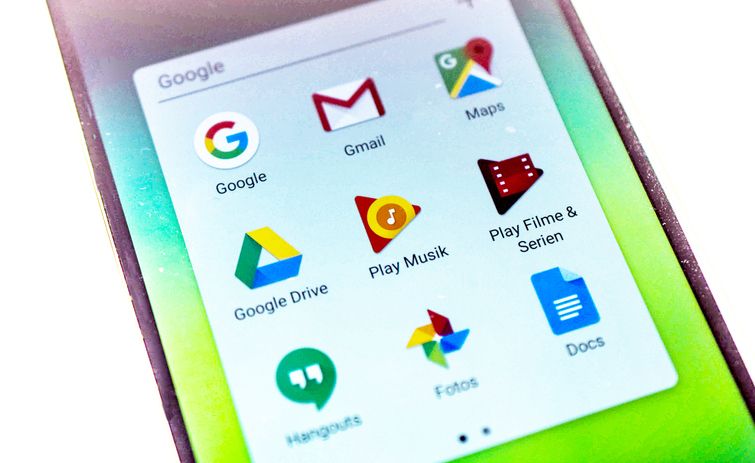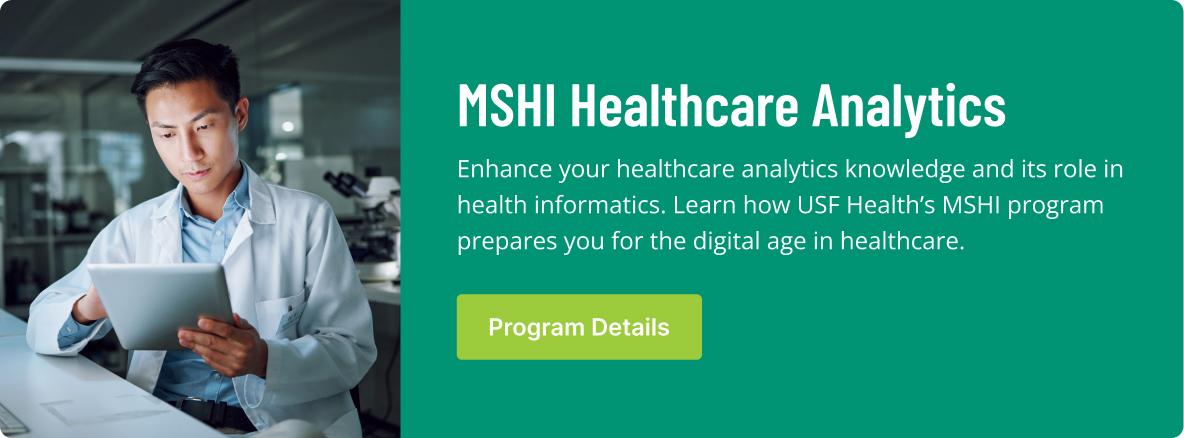It’s been a big year for one of the world’s tech giants when it comes to health, and by that we don’t mean financial health.
Google’s commitment to making an impact in the healthcare space has hit new heights in 2019, with the company making a number of important announcements. While Google’s foray into electronic health records, or personal health records (PHRs) rather, largely failed, the Silicon Valley giant hasn’t given up hope that it can make waves in how healthcare is delivered.
In early October, Google announced a new partnership with EHR vendor Meditech, an effort to support the expansion of healthcare analytics as well as interoperability efforts. Meditech’s EHR becoming available through Google Cloud significantly enhances patient access to data and shores up cybersecurity efforts.
Scale is another important factor driving the relationship between these two. Taking healthcare data to the patient to drive healthcare consumerism is a nice sounding idea, but the reality of it is that resources are limited within any one organization to make it a reality. By moving to public cloud, Meditech and Google can create an innovative environment for developers around their product due to enhanced security and open application programming interfaces (APIs).
Plans are underway to develop native cloud products as well as APIs to be used on these products,” said Michelle O’Connor, president and COO of MEDITECH in an interview with EHR Intelligence. “So, the innovations will be extended to our on-premise customers as well.”
The Meditech announcement follows similar news that Google has partnered with the Mayo Clinic and NTT Data Services, relationships that will fuel its clinical and operational application of data.
Taking Leadership
Such a collaborative effort among major players in both healthcare and technology is a bit pie in the sky without effective leadership. For this, the company has turned to seasoned veterans of health IT. Former National Coordinator for Health IT, Karen DeSalvo, has taken the role of Chief Health Officer after years of driving EHR adoption and pushing efforts for Meaningful Use to fruition.
She joins a team that has been built over the last year and includes former Geisinger Health CEO David Feinberg and former FDA Commissioner Dr. Robert Califf.
Feinberg is tasked with forming a healthcare strategy for Google that incorporates parent company Alphabet Inc.’s various projects, such as Verily, Deep Mind and Google Cloud. Califf, meanwhile, will head up strategy specifically for Verily, Google’s research organization, and Google Health.
Security Analytics
The company has also announced enhancements to Google Cloud Platform’s security features that will be important as more partners come aboard. The Security Health Analytics feature is designed to integrate into its Cloud Security Command Center and provides scans of the platform to warn users of configuration issues in data storage, firewall malfunctions, old encryption keys and other issues that can undermine security.
It not only provides a dashboard where these issues can be viewed, it also provides detailed plans to fix them. Doing so is vital to both security and compliance of the platform. The feature has been approved by the Center for Internet Security and addresses a number of concerns from clients about the platform.




